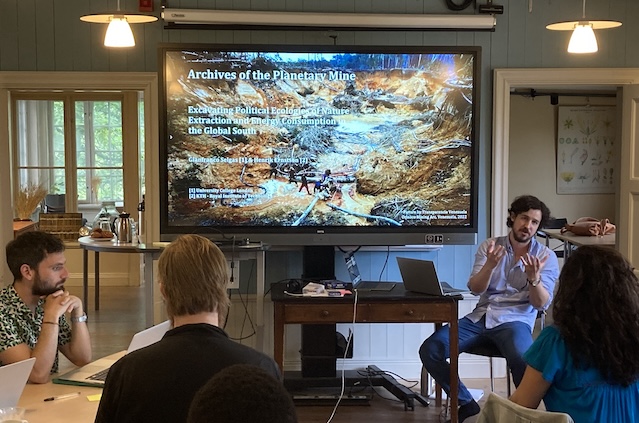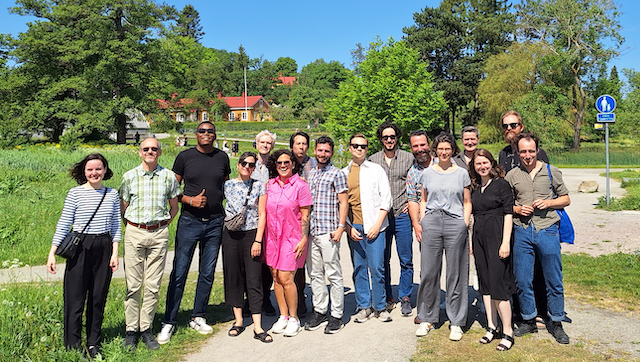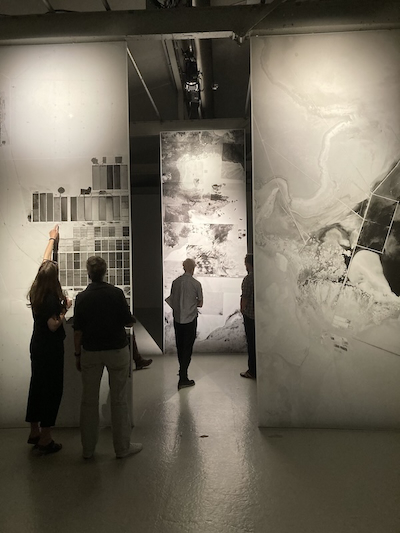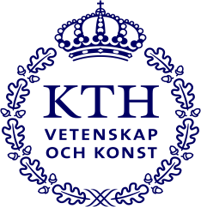Researchers exploring new histories of energy and extractivism in the Anthropocene

An international group of researchers gathered in Stockholm near Lake Brunnsviken for generative discussions in a two-day intensive workshop, co-organised by the new Centre of Excellence for Anthropocene History at KTH, and the KTH Environmental Humanities Laboratory.
Workshop participants discussed their ongoing research, showing how feeding the immense global appetite for energy, especially fossil fuel energy, has shaped and continues to shape the world we live in today, leaving its traces in people, communities and the living planet.
The workshop was convened by CoE Anthropocene History Co-director Adam Wickberg, Rob Gioielli, director of the KTH Environmental Humanities Laboratory and Antoine Acker, associate professor at the University of Geneva.
It is the first research workshop organised by the new Anthropocene History centre, which will formally launch in Sepetmber 2024.
Participants offered many new ways of seeing the present day and historical role of energy, extraction, and exploitation within the frame of the Anthropocene, tying together the global and local across different scales.

Project themes included
- Energy extraction and environmental (in)justice on the Zambian Copperbelt
- The history of oil around the Bay of All-Saints, in the state of Bahia, Brazil
- Energy extraction projects in the Amazon (1960s-1980s)
- Alterntives to the non-human world, derived from South American Aymara and Quechua concepts of the world as an unstable movement of energy that eludes human control
- Placing the discussion around critical minerals within longer histories of extractivism
- Race and consumption in American suburbia
- Carbon transnationalism
- The temporalities of carbon accounting

One focus was the uneven distribution of the impacts of finding, extracting, transporting, processing and using energy across the globe. Some research from the global south showed communities living, adapting and resisting.
By the end, the workshop had taken steps towards a historical conceptualization of the place of energy as a nexus of the Anthropocene during the 20th century.
During the two day event participants also engaged with the current exhibition El Sur - Narratives of Extraction now at Färgfabriken , Stockholm.
It exhibits artists working with themes related to the workshop's, aiming to tell stories that ‘expose the dark side of extractivism’ in Latin America.
Thank you to everyone who participated and to our friends at Färgfabriken!
Read The Workshop invitation >
Organisers: KTH Environmental Humanities Laboratory and Centre of Excellence for Anthropocene History .

